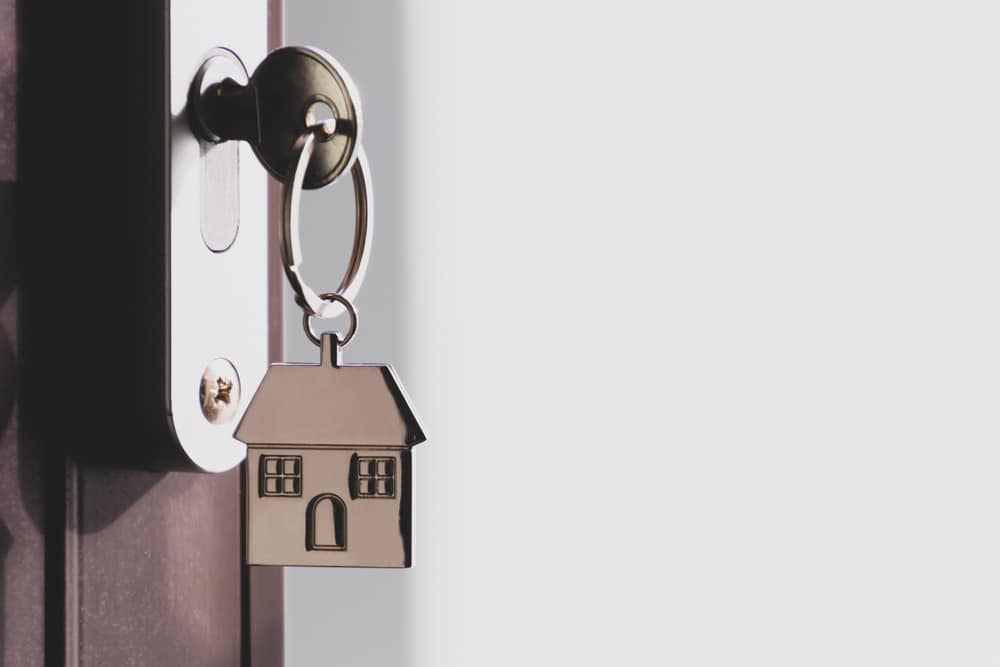There are different ways to pass your wealth on.
Putting your house into a trust is one way of doing this.
So, what exactly is a trust? And is putting your house into one worth it?
Read on for answers to these questions and more.
What does it mean to put your house into a trust?
Putting a house into a trust means transferring ownership of it to a legal entity (the trust).
The trust founder (the settlor) appoints trustees to manage a property for a beneficiary.
There are two types of trust in the UK.
- Revocable trusts: The settlor can make changes to this kind of trust after it is set up. They can also revoke it if they wish to
- Irrevocable trusts: The settlor cannot change the terms or revoke this kind of trust.
The settlor pays legal and other.
Advantages of putting properties into a trust
1. Protecting the beneficiaries’ best interests
Trusts enable settlors to oversee the transfer of property ownership responsibly.
Age is often a factor in this. For example, the singer David Bowie had two children of different ages when he passed away in 2016.
The eldest (then aged 44) immediately received his share of the inheritance. The youngest (then aged 15) would receive hers nine years later via a trust when she reached age 24.
The settlor’s principles or concerns about beneficiaries’ behaviour might also be a factor.
To counter this, settlors can set up specific conditions or limits. In the UK, this is called a protective trust.
2. Bypassing the probate process
Putting property into a trust enables beneficiaries to bypass the probate process.
Probate can take at least six months. And it involves fees associated with the probate process..
3. Tax advantages
Trusts offer tax advantages. The right experts can help settlors and beneficiaries take advantage of.
It can mean, for example, an avoidance or reduction of Inheritance Tax.
Disadvantages of putting your house into a trust
1. Fees
Trust require paying an initial fee to the law firm and ongoing costs for its administration.
2. Loss of property ownership
Transferring a house into a trust means the settlor is no longer the legal owner of the property.
This limits their control over it. This might become a problem under certain unforeseen circumstances.
However, the settlor can still hold some control if they are also a trustee. Or if they have set specific terms in the trust agreement to cover certain events.
How to put a house into a trust
1. Appoint a trustee
The first step is to decide on and then appoint a trustee. This is typically a law firm, but you may also choose an individual (such as a loved one).
2. Create a trust deed
A trust deed is a document that outlines the terms of the trust, including:
- Who the beneficiaries are
- What the beneficiaries will receive
- Conditions for the trust
- Timeline of the transfer of the trust’s property
A legal expert can help you create this document.
3. Sign a transfer deed
From here, you will sign a transfer deed. This transfers the property into the trust.
You will need to register this transfer with the Land Registry, too.
4. Pay any associated costs
The fourth step is to pay any associated costs to the trust, including set-up and maintenance fees.
5. Notify HMRC
You must inform HMRC about the trust, as there can be Stamp Duty implications.
6. Ongoing monitoring
Once the above steps are complete, you should oversee the trust to ensure it is appropriately administered.
This includes checking records of all transactions and decisions the trust makes.
Should I put my house into a trust?
Qualified experts can help you make a decision in this area.
Several factors should be considered in relation to your own and potential beneficiarys’:
- Financial circumstances
- Legal situations
- Moral principles
- Relationships
- Age
- Other personal circumstances.
You may be less inclined to pay for a trust if you are currently experiencing cash flow challenges.
However, sometimes even a small percentage of tax payments may represent a large sum. For example, with large properties and property portfolios.
Alternatives to putting your house into a trust
Alternatives to putting a property into a trust include:
Gifting a property to a relative or friend
Giving a property as a gift involves legal fees and tax implications. But it can also provide a channel for the secure transfer of wealth and help avoid capital gains tax.
Putting your property into a company name (via Buy to Let)
This can offer some tax advantages and liability protections. But also involves administrative costs and compliance with corporate regulations.
Creating a life estate
This allows someone to live in a property for life whilst transferring ownership to someone else. It can help the latter party avoid probate.
Selling a probate property
If you are looking to sell your probate property quickly, We Buy Any Home can help.
We are a chain-free cash house-buying company that can purchase your property up-front and quickly, without hassle or stress.
Fill in our enquiry form below if you are interested in getting a cash offer for your house.

















